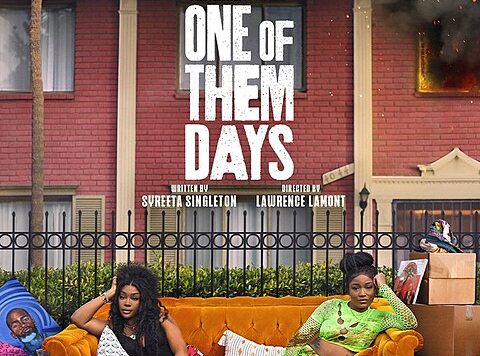‘Parasite’ lives up to its name as it burrows under viewers skin
“Parasite” premiered in May 2019, and continues to be one of the most talked-about films this year. Recently, “Parasite” won four Oscars for Best Picture, Best Director, International Feature Film and Best Original Screenplay. The film not only received many accolades but broke language and cultural barriers. “Parasite” also highlights some of the social issues that South Koreans face today.
The dark, comedic drama written, directed and produced by Bong Joon-ho, stars Kang-ho Song as Ki-taek Kim, Hye-jin Jang as Chung-sook Kim, So-dam Park as Ki-jeong Kim, and Woo-shik Choi as Ki-woo Kim.
The Kim family’s fate changes when Ki-woo lands a job as an English tutor for the Park family’s daughter, Da-hye. The Park family is incredibly wealthy, the complete opposite of the Kim family, who soon latch onto them for financial stability.
After learning that Mrs.Park, Ki-woo’s employer, is looking for an art teacher for her son, Ki-woo uses his quick thinking to recommend his “cousin’s friend” who studied abroad (when in reality, it’s his sister who has no credentials). Soon, the Kim family show their true colors as they sabotage the trust-worthy and innocent employees of the Park family to steal their positions.
The film lives up to its name as the audience watches the Kim family take advantage of the Parks’ wealth, kindness and over-trusting nature. While at the same time, the Park family takes advantage of the Kims’ low status and labor. In front of the Kims’ faces, the Parks treat them kindly, but behind their backs, they belittle them for their poverty and for smelling like “old radishes.”
Choi’s performance as the caring son who watches over his family and smooth-talking opportunist who’s also manipulative and cruel makes his character interesting, but unlikeable. Park’s performance is also extraordinary.
Park’s character is an intelligent, merciless and assertive young woman who would do anything for her family and in her own self-interest. Ki-jeong excels in acting as an art teacher and even helps her mother land a job by imitating an old woman’s voice.
The sibling’s tone, acting and mannerisms plays a huge part in landing stable jobs within the Park’s household.
Both families care for their own, but at times, it’s difficult to like both, as the Kim family isn’t afraid to step on others to get where they are, and the Park family is blatantly ignorant of their privilege.
The semi-basement home of the Kim family establishes their socioeconomic status. In contrast to the Kim family, the Park family’s home is spacious and luxurious.
The wide shots in the film show the audience how the Kim family is always watching the Park’s every move. “Parasite’s” wide shots and use of color highlight the differences between the Park and Kim family’s daily lives, socioeconomic status and lifestyles. In the Kims’ household, the lighting is dim and dark, demonstrating their economic status and how little they have. The Parks’ household is bright and colorful demonstrating how abundant their wealth is.
This film is fast-paced, brutal, and a bit predictable at times if you catch hints from the character’s actions.
The film is in Korean, but there are English subtitles for those who do not speak the language. Like Bong said, “Once you overcome the 1-inch-tall barrier of subtitles, you will be introduced to so many more amazing films.” Don’t let language barriers get in the way of enjoying an interesting film.










